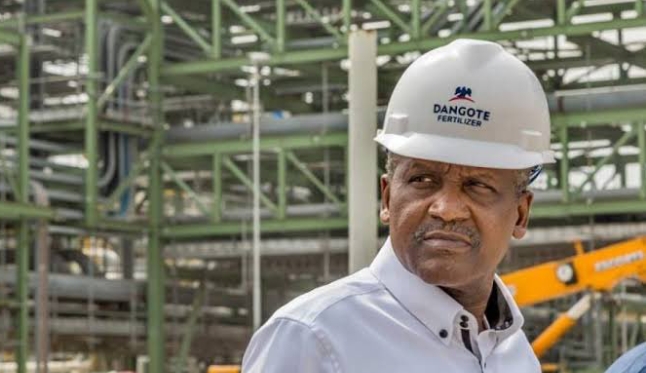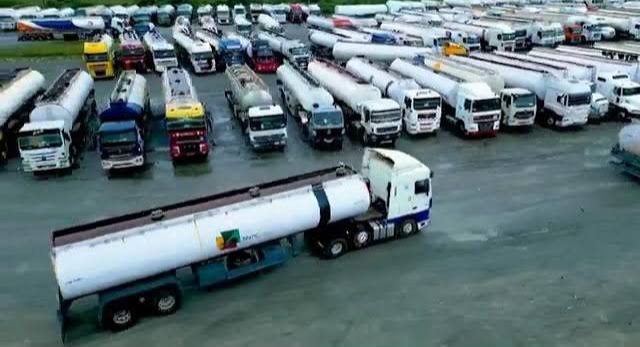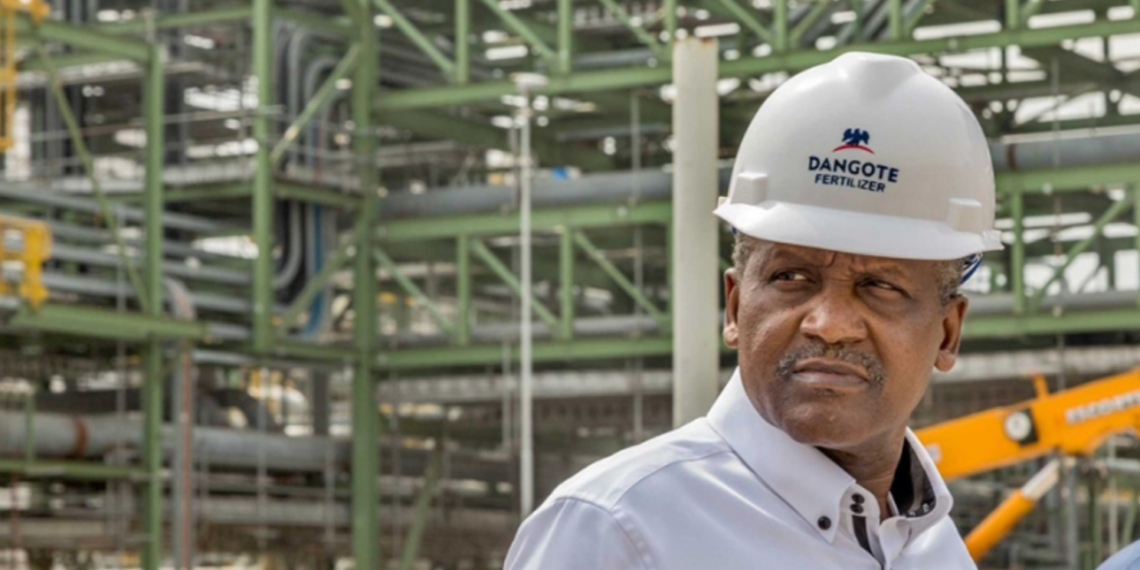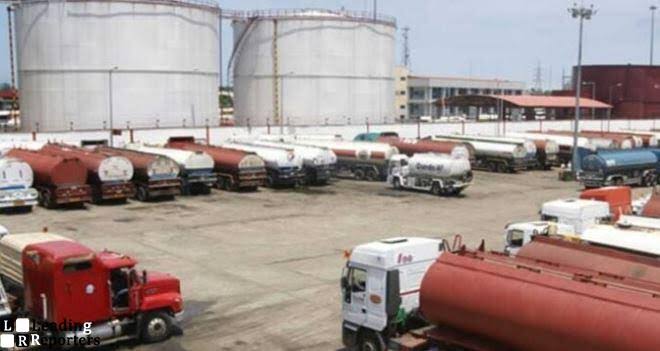Dangote Refinery has made disclosure on the inability of Independent Petroleum Marketers Association of Nigeria (IPMAN) to lift Premium Motor Spirit (aka petrol/fuel) and other refined petroleum products directly from the refinery.
TheNewsGuru.com (TNG) reports Dangote Refinery to have said the Nigerian National Petroleum Company (NNPC) Limited has not given approval for IPMAN to lift petrol directly from the refinery.
Recall IPMAN had earlier disclosed experiencing difficulties loading refined products from the Dangote Refinery after Alhaji Aliko Dangote, Chairman of Dangote Refinery and Petrochemical Company called on retailers to come forward and pick petrol from the refinery.
Dangote Refinery, in a statement on Thursday by Anthony Chiejina, Group Chief Branding and Communications Officer, clarified that it has not received any payments from IPMAN to purchase refined petroleum products.
Chiejina, however, did confirm in the statement that IPMAN has made a payment through NNPC Limited but that NNPC has neither approved nor authorised Dangote Refinery to release petrol to IPMAN.
The statement reads: “The Dangote Petroleum Refinery wishes to clarify that it has not received any payments from the Independent Petroleum Marketers Association of Nigeria (IPMAN) to purchase refined petroleum products.
“Although discussions are ongoing with IPMAN, it is misleading to suggest that they (IPMAN Members) are experiencing difficulties loading refined products from our Petroleum Refinery, as we currently have no direct business dealings with them.
“Consequently, we cannot be held responsible for any payments made to other entities. The payment in mention has been made through the Nigerian National Petroleum Company Limited (NNPCL), and not us. In the same vein, NNPCL has neither approved, nor authorised us to release our Premium Motor Spirit (PMS) to IPMAN.
“We would like to emphasise that we can meet the nation’s demand for all petroleum products, including petrol, diesel, and aviation fuel. At present, we can load 2,900 trucks per day and we have also been evacuating petroleum products by sea. We advise IPMAN to register with us and make direct payment as we have more than enough petroleum products to satisfy the needs of their members.
“Furthermore, we believe it is instructive for all stakeholders to refrain from making unfounded statements in the media, as that could undermine the economic re-engineering efforts of His Excellency, President Bola Ahmed Tinubu.
“Conducting business through public speculation is counterproductive and unpatriotic. In the interest of our country, we encourage all stakeholders to collaborate and heed the advice of President Tinubu, while promoting a unified approach, rather than engaging in media conflicts and needless propaganda”.




